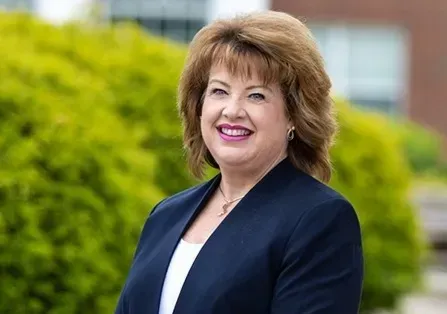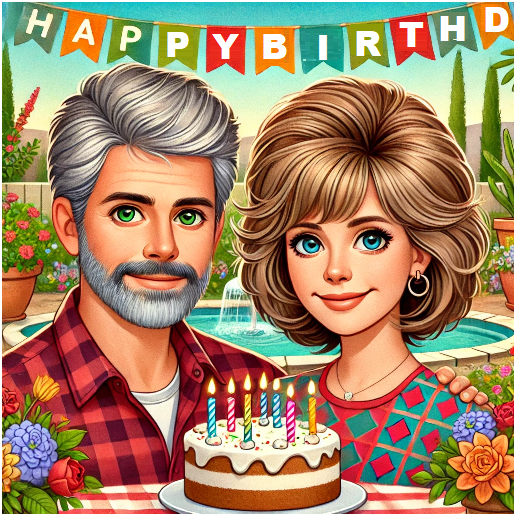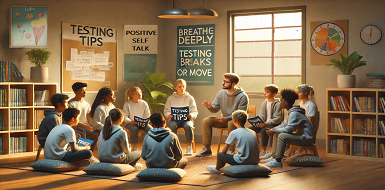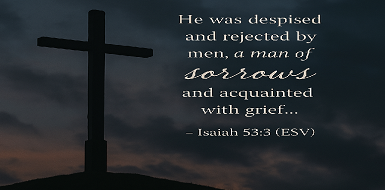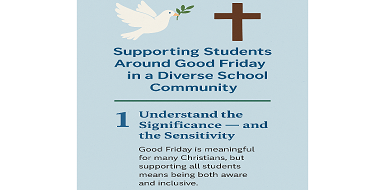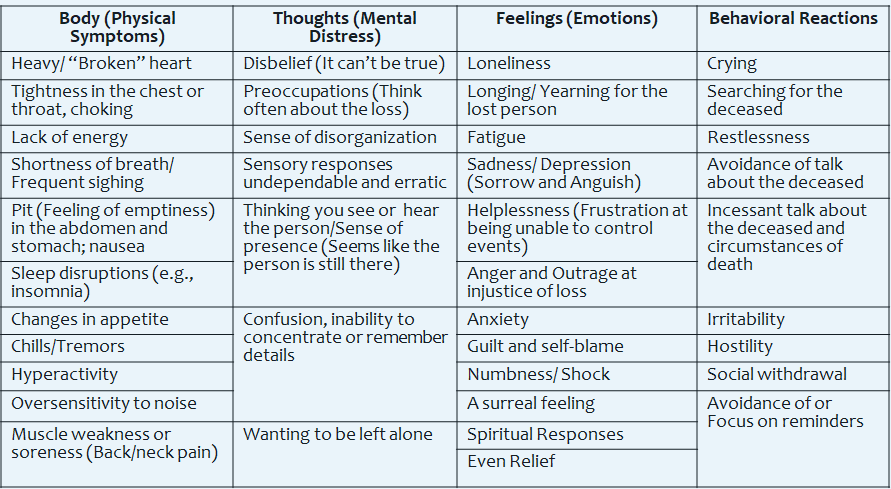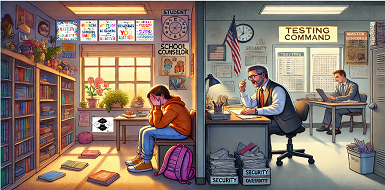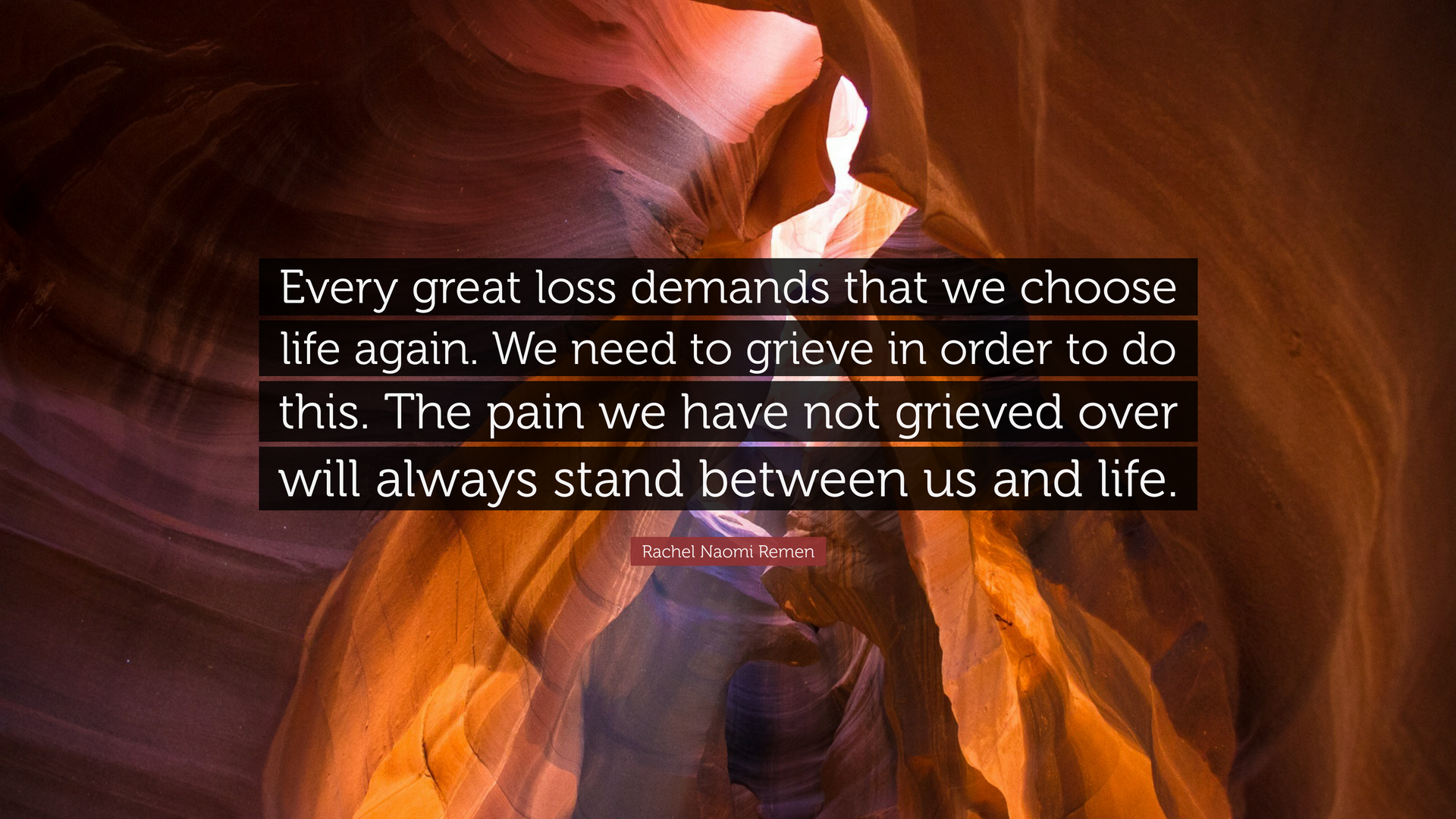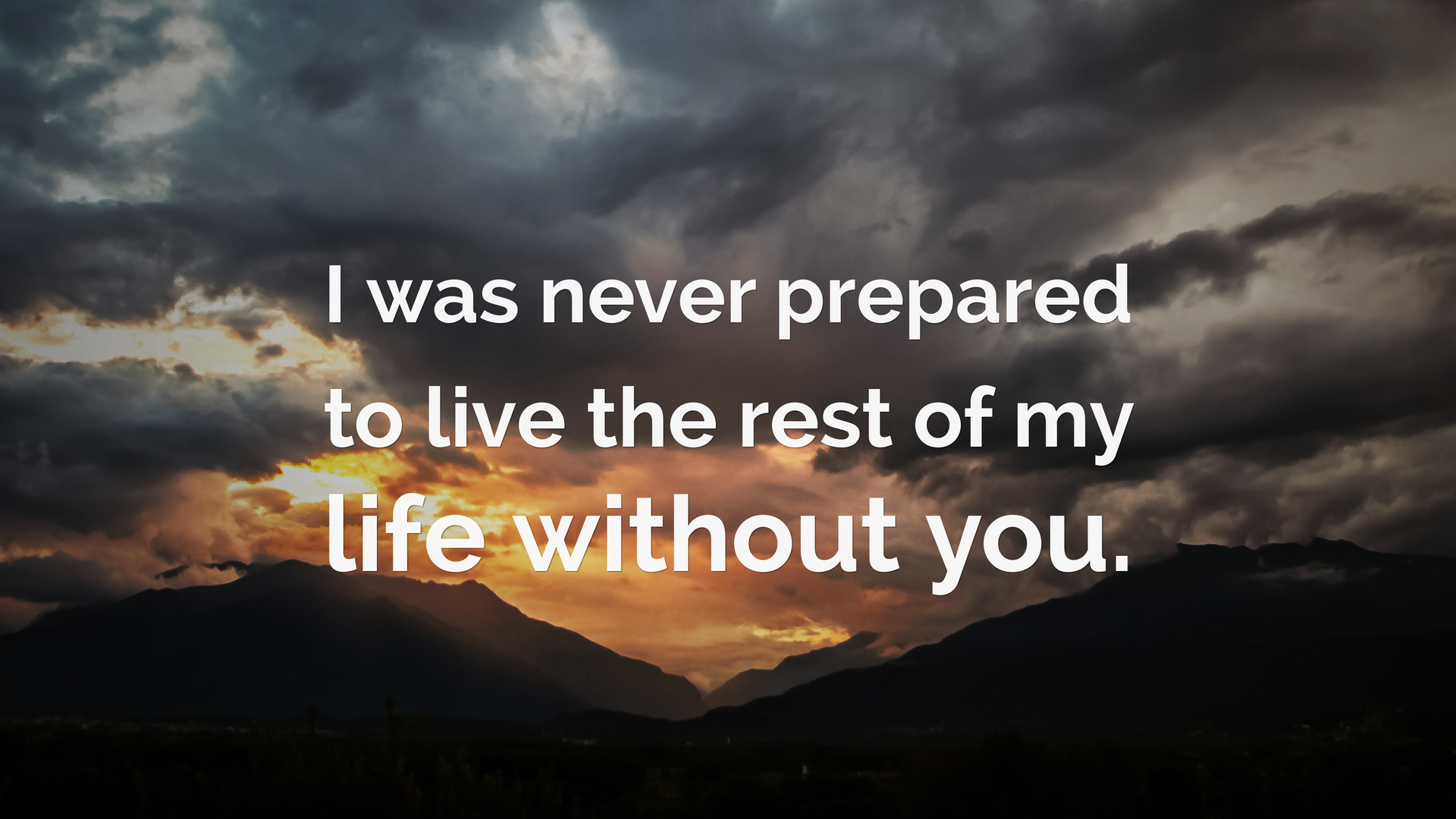Rethinking the Semantics of "Loss"
He's Not Lost!
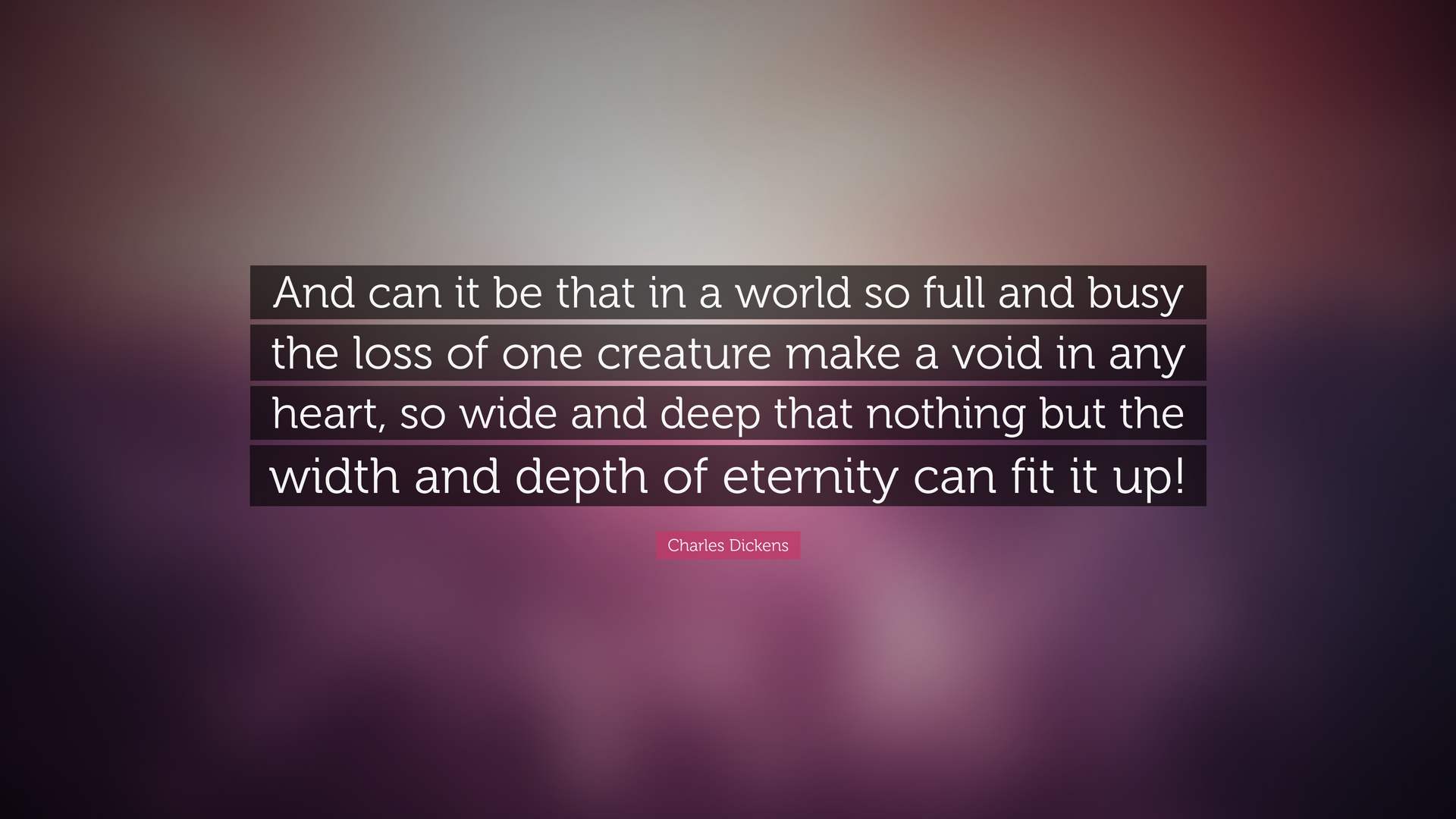
Before Bob moved to Heaven, I never questioned the word "loss" when someone died. It was just what we said: "Sorry for your loss." It felt like the natural expression of sympathy, a shorthand for acknowledging someone's grief. Yet, when a friend offered those words to me just days after Bob passed—even before his funeral—I bristled. I shot back, "He's not lost. I know exactly where he is."
Thankfully, that friend was gracious and understanding, letting my raw emotions pass without taking offense. But the interaction planted a seed of reflection in my heart. Why do we use the word "loss" to describe something as profound as death? It’s not as if our loved ones have wandered off like misplaced car keys or the sock that disappears in the dryer. They haven’t vanished without a trace. Bob is not lost; he’s with God.
A Shift in Perspective
Over the past four years, I’ve come to understand that the word "loss" isn’t about where our loved ones are. It’s about where we are. Those of us left behind are the ones who feel lost. For me, I lost the "us" we had as a married couple. I lost my identity as his wife, the rhythms of our shared life, and the future we had planned together. It felt as if half of me was gone, as though he had taken a vital piece of my heart with him.
Our children, in their early thirties, were suddenly navigating life without their father. They lost the steady presence of his guidance and wisdom. Our grandchildren, much younger, were forced to grapple with death in a way no child should have to. They lost their beloved Papa, their source of endless hugs and stories. We were all left to find our way in a world that felt unfamiliar and incomplete without him.
Profound Change
When someone says, "I’m sorry for your loss," they are acknowledging the void left behind by the death of a loved one. The loss isn’t our loved one—we know where they are. The loss is in who we were with them. It’s the sudden absence of the roles, relationships, and routines that defined our lives. For those of us who shared an intense relationship with the person who’s gone, the change is profound. Grief is not just about missing someone; it’s about rebuilding our lives and identities in their absence.
Finding Our Way
In time, we learn to carry our loved ones with us in new ways. Their influence, their love, and their joy remain a part of us. But the journey to find ourselves again—to redefine who we are without them—is a difficult and deeply personal process. We must learn to navigate a life that feels altered, to embrace a new version of ourselves shaped by both the love we shared and the loss we endured.
So, the next time someone says, "I’m sorry for your loss," I’ll hear it differently. I’ll hear it as an acknowledgment of the disorientation we feel when someone we love so deeply is no longer physically present. And I’ll remember that while we may feel lost for a time, we are never truly alone. Our loved ones are with us in spirit, and their love remains a guiding light as we find our way forward.
I am a school counselor turned counselor educator, professor, and author helping educators and parents to build social, emotional, and academic growth in ALL kids! The school counseling blog delivers both advocacy as well as strategies to help you deliver your best school counseling program.
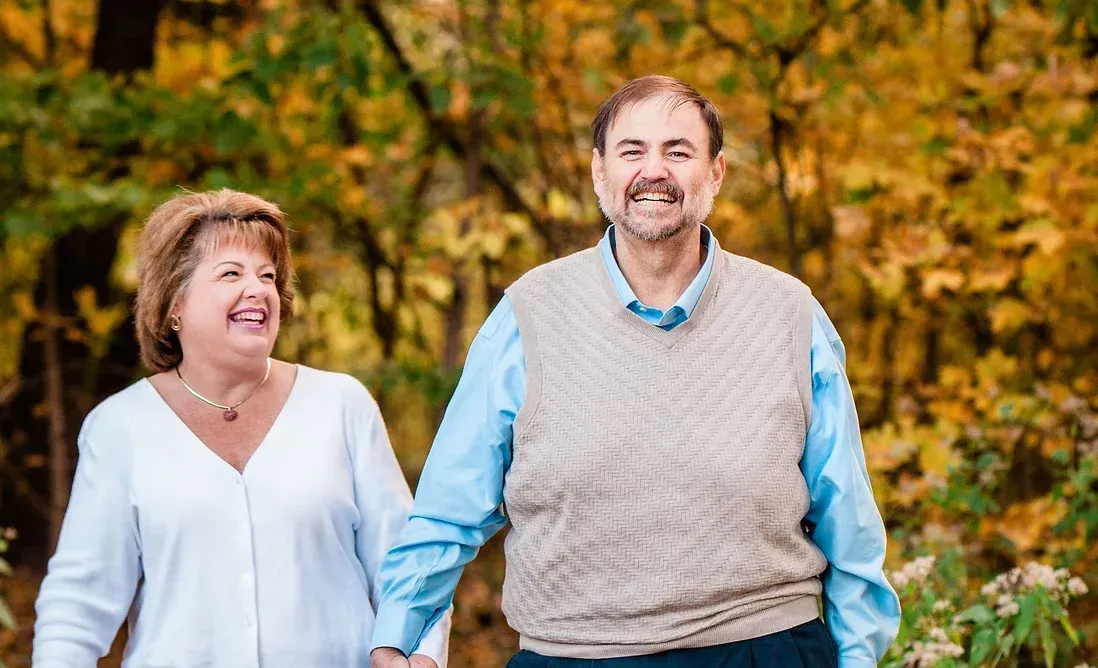
I'm a mother, grandmother, professor, author, and wife (I'll always be his). Until October 20, 2020, I lived with my husband, Robert (Bob) Rose, in Louisville, Ky. On that awful day of October 20,2020, my life profoundly changed, when this amazing man went on to Heaven. After Bob moved to Heaven, I embraced my love of writing as an outlet for grief. Hence, the Grief Blog is my attempt to share what I learned as a Counselor in education with what I am learning through this experience of walking this earth without him. My mission is to help those in grief move forward to see joy beyond this most painful time.
